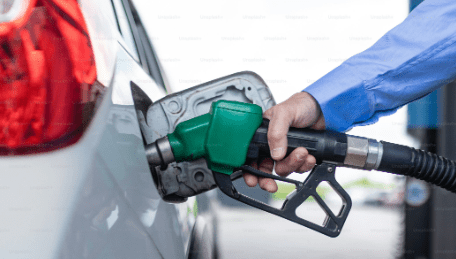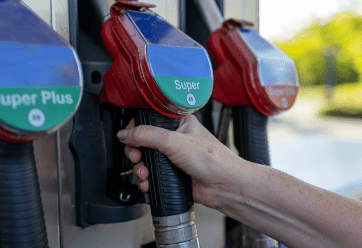Good news for drivers! Petrol prices in the UK have dropped to their lowest point in three years. The average cost for a litre of unleaded petrol is now around £1.35, according to the RAC (Royal Automobile Club). This drop is a big relief for many people who have faced high fuel prices in recent times.
Why Are Prices Falling?
So, what caused these prices to go down? The main reasons are lower global oil prices and a stronger British pound. When the cost of oil goes down around the world, it affects how much drivers have to pay at the pump. The pound getting stronger means that when petrol retailers buy oil from other countries, they get more value for their money.

To give you some perspective, in July 2022, petrol prices soared to a shocking high of almost £1.92 per litre. This increase was mainly due to the surge in oil prices that happened after Russia invaded Ukraine. The invasion led to fears of a global economic crisis, which made oil prices jump up as many countries restricted or stopped buying oil from Russia. At one point, the price of Brent crude oil reached an astonishing $139 a barrel, the highest in nearly 14 years!
What’s Happening Now?
Simon Williams, a fuel spokesperson for the RAC, shared that petrol prices could go down even more in the coming weeks. He mentioned, “We believe there is scope for pump prices to come down further in the next few weeks to reflect the lower wholesale costs retailers are paying when they buy fresh fuel stocks.” This is great news for drivers who are feeling the pinch when they fill up their tanks.
Depending on where you go to refuel, some people are paying as little as £1.26 for a litre of unleaded petrol. This means that filling up a typical family car could cost less than £70! Isn’t that fantastic?
Diesel prices are also falling, sitting at about £1.41 per litre, which is close to a three-year low as well. This price drop comes as a much-needed relief for many drivers who have been struggling with the rising costs of everyday goods.
What Are the Retailers Saying?
However, it’s important to note that the RAC has been critical of petrol retailers. They claim that some retailers haven’t lowered their prices as quickly as they should have, even as the cost of wholesale fuel has dropped. The Competition and Markets Authority (CMA), which looks into fair pricing practices, is keeping an eye on the situation. They reported that weakened competition in the fuel sector has been affecting drivers’ wallets. Supermarkets’ profit margins, which is the difference between what they pay for fuel and what they charge customers, have doubled since 2019!
On the flip side, the Petrol Retailers Association (PRA) represents independent petrol stations and says that their profit margins have been under pressure due to higher labor and energy costs. They also mention that sales have dropped. This shows that while some large retailers may benefit, smaller stations are feeling the squeeze as well.
The Impact of Global Events
The decrease in petrol prices can be linked to a relatively low global oil price, which is about $75 a barrel right now. This is due to reduced demand for oil around the world. A strong pound, boosted by falling inflation, has also contributed to the drop in fuel prices. Since oil is traded in US dollars, a stronger pound allows UK retailers to buy fuel at a better rate.

The aftermath of the situation in Ukraine has left a significant mark on global oil prices. Although the UK imports only about 6% of its oil from Russia, it still feels the effects of global price changes.
How Does This Help Drivers?
This fall in fuel prices is a welcome relief for drivers, especially considering the financial challenges many have faced in recent years. With the cost of living increasing and the prices of goods rising, lower petrol prices will help ease some of that financial burden.
Imagine filling up your car for less money! That means more cash left in your pocket for fun activities, like a day out with family or friends. Everyone loves saving a bit of money!








